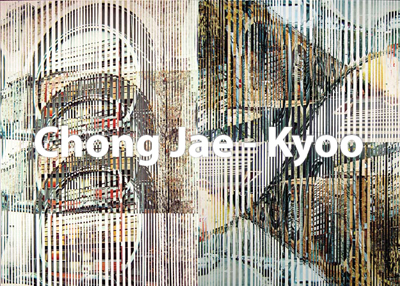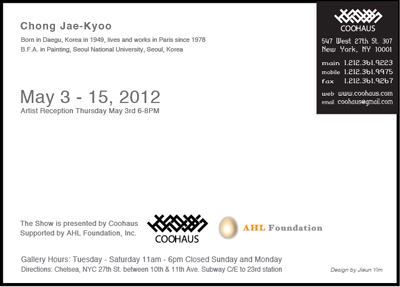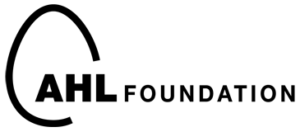Supported by AHL Foundation, Inc.
This Show is presented by Coohaus
May 3 to 15, 2012
Artist Reception: Thursday May 3, 6pm – 8pm
Gallery Hours:
Tuesday – Saturday 11am – 6pm
Closed Sunday and Monday
Directions:
Chelsea, NYC 27th St. between 10th & 11th Ave.
Subway C/E to 23rd station


Chong, who is a photography artist, was born in Daegu, 1949, Korea. He lives and works in Paris after 1978. He got B.F.A. in painting, Seoul National University. His works can be represented weaving. when it comes to weaving work, it’s a kind of the weaving of time.
The act of weaving – which consists of repeating orthogonal intersections of the vertically cut-up photographic image and kraft paper cut up horizontally (cutting the other way is also possible) – is the process of perceiving both the projected and the actually occurring time in the work; the time that passes as the world turns. It could be the same process linking the moment of a promise with that of its being carried out. Weaving the photographic image with kraft paper, a tangible object, is the action that enacts the repeated intersections of a trace of the past and the real object of the present. At the same time, it consummates the intersection between the photographic space, which is the present of the past, and the space of the future in the present. Over the entire woven surface, the photographic image, as a trace of the past, frees itself from its fixedness just as the real kraft paper wrests itself from its materiality. Likewise, the forms painted on the kraft paper with brushstrokes emerge from the background. Faced with this state of freedom achieved after the photographic act itself, I find myself experiencing a sense of freedom, the very feeling a climber has upon reaching the summit of a mountain. Weaving towards an event which only occurs in the space of the completed future. / Chong Jae-Kyoo, 2003 (translated from the French by Cathy Lenihan)
Chong’s “New York ’99 Series”, presents in his trip to New York in 1999 where personally interpreted space overlaps with a photo of the World Trade Center. “New York ’99” gives a monumental horizontality. Chong discovers the equivalence between horizontality and verticality. The artist was particularly shocked by 9/11. He considered the Twin Towers New York’s masterpiece, had photographed them many times, and had made a work out of the photos. He had also hung some of his works in a friend’s office, located on the 47th floor of one of the towers.
In Chong’s recently created third series, we see that the image of the Twin Towers, which appears repeatedly, is recomposed of fragments of photos woven together. We also notice that the image is penetrated more and more by empty space. There are also some violent brush strokes that were first seen in the second series. Now, in large gestures, they cross the entire surface as though playing a funeral march to the Manhattan skyline, where the Twin Towers rise up. The artist superposes body graphics on a photographic image, while weaving together the front and back of a photo – an image and nothingness – into a vision of pluralistic experience, in which ideas and the experience of time harmonize and transcend the painterly space. While his first photo collages emphasize fragmentation and the destruction of unity, his recent woven photos visibly seek reunification.
